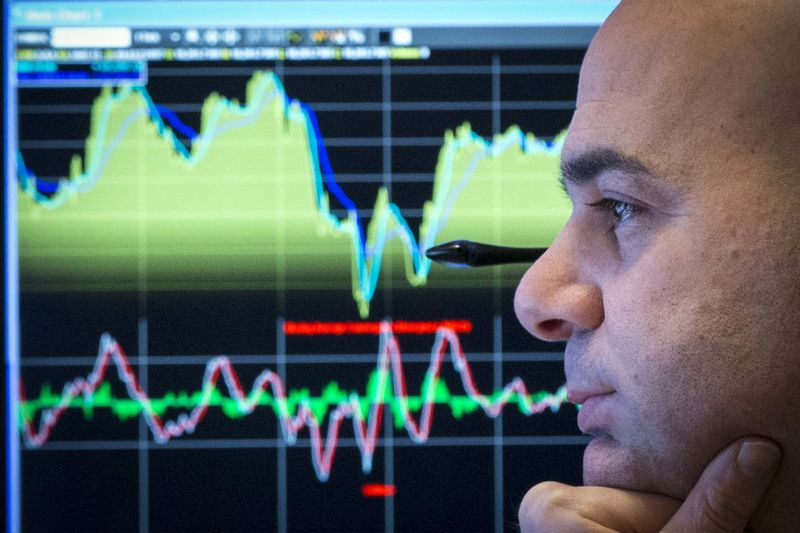Street Calls of the Week
Investing.com -- Stock funds saw their largest weekly inflows of the year as optimism over the U.S. economy outweighed concerns about the trade war, according to Bank of America (BofA).
Citing EPFR Global data, BofA highlighted that equity funds attracted $43.4 billion in the week to March 19, led by $34.1 billion into U.S. stocks—the biggest weekly inflow of 2025. European equities drew $4.3 billion, the largest since May 2017 and the fourth biggest ever.
Bonds and gold also saw strong demand, with $4.9 billion and $3 billion in inflows respectively. Gold has now accumulated $10.6 billion over four weeks—its largest such stretch on record.
Meanwhile, $6.3 billion exited money market funds, suggesting a shift back into risk assets.
BofA strategists led by Michael Hartnett said a bear market is not expected, but warn that the April 2 tariff deadline is “infecting” global economic data.
They believe bonds and gold are “way less vulnerable” to a potential “tariff pandemic” than both U.S. and international equities.
Hartnett and his team also point out a sharp disconnect between investor sentiment and positioning.
Despite the second-largest drop in global growth expectations on record, a record decline in U.S. equity allocations, and the biggest jump in cash holdings since March 2020, flows tell a different story.
Equity funds just saw their strongest week of inflows in 2025, with BofA private clients heavily buying stocks over the past two weeks.
Since the U.S. election, for every $100 flowing into US equity funds, less than $1 has been pulled out. Foreign investors are selling “but after accumulating $16tn position in U.S. stocks,” strategists said.
“Global investors are not anywhere close to short US or global equities…bad news could have bigger impact than good news,” they added.
The latest weekly ETF flows show notable buying in IG and HY credit, alongside U.S. growth equities.
Bond inflows continued, with IG funds marking their 73rd consecutive week of inflows. High-yield saw $1.2 billion in new money, and Treasuries had $2.1 billion for the week.
